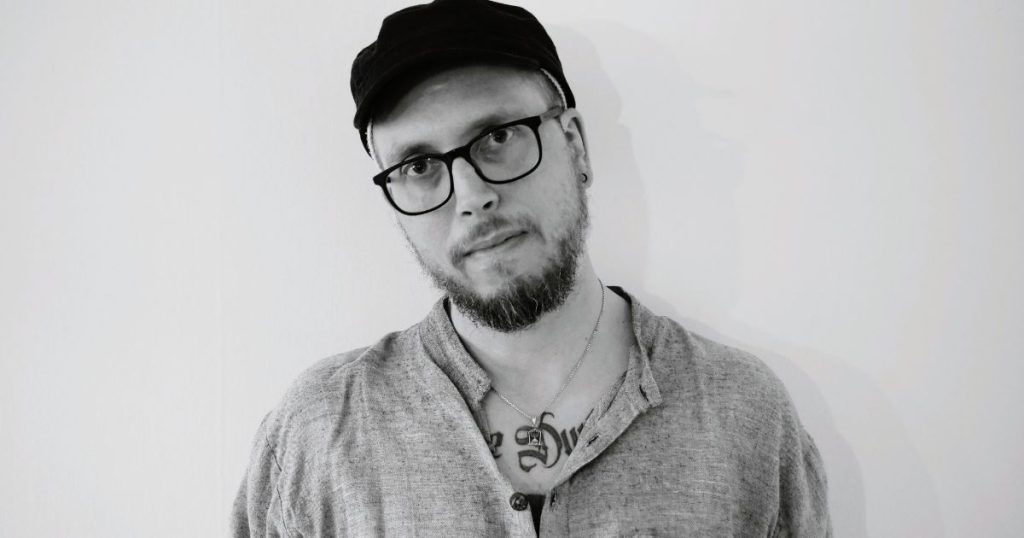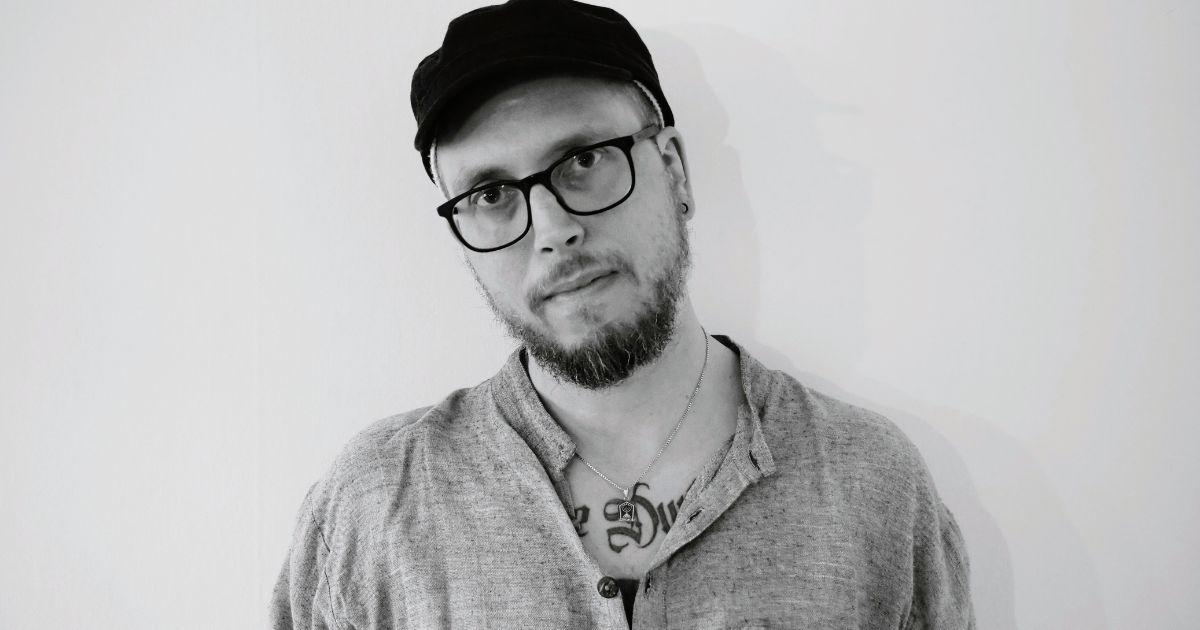

Kim Hesekiel Rosén
Tell us more about yourself & your music career. I recently found a copy of my last release, a trip-hop project called Coffeeshop, which was a collaboration from 2005. It feels like the right time for a follow-up, almost 20 years later. Before discovering and falling in love with the ethno-techno/oriental house scene, I was a hip-hop producer, passionate about the ’90s East Coast sound, especially Wu-Tang. Around 2010, I produced for some “spiritual-conspiracy-theorist-New Age-rappers.” It was a unique experience, but eventually, I grew tired of relying on rappers to complete my music. I decided to go fully instrumental, seeking to create music that tells a story and takes the listener on a journey. For me, music is a religious and esoteric experience. My goal is to create something extraordinary and original, not just replicate existing sounds. If I were motivated by fame, I would have quit long ago. Music is my way of processing life, channeling my emotions, and staying grounded. It’s my medicine for coping with reality.
What is your connection with Cafe De Anatolia? Cafe De Anatolia has been a frequent presence in my Spotify rotation for years. Their brand is a seal of approval for consistently high-quality music. I’m thrilled and proud to release my debut album with their label. Having their camel and label on my album cover feels surreal and gratifying.
Write a short paragraph about your RELEASE (your inspiration, process, genre, instruments used in it, and the story behind the creation). The process for this album began while I was writing my Bachelor’s thesis on the Biblical Prophet Ezekiel, and the inspiration took off from there. The main theme revolves around the Babylonian exile, exploring it both as a historical event and as a personal, metaphysical journey. Music has always been my method for processing life experiences, so everything I’ve encountered over the past few years is woven into this album, both implicitly and explicitly.
What do you believe sets your music apart from others in the industry? What makes your sound unique? When I compare my music to other artists in the genre, I notice the familiar use of Middle Eastern scales and instruments. However, my productions always come out with a bit more grit and intensity. I can’t seem to achieve that perfectly smooth and polished sound typical of deep/organic house. Instead, my hip-hop roots lead me to a sound that’s a bit rougher around the edges, with heavy drums and distorted bass. I’ve accepted that my gritty style reflects my personality and experiences, making my music unique.
How would you describe your style of music? Esoteric digital vibes in an Old TestaMENTAL atmosphere.
Who are your musical influences? My influences span a broad spectrum, from Dark Throne and Beherit to Yabby You, King Tubby, Einstürzende Neubauten, The Doors, OM, Massive Attack, Ennio Morricone, Joy Division, John Coltrane, Hawkwind, Augustus Pablo, Suicide, Wu-Tang, and Mobb Deep. My all-time favorite band is Swans. While most of my influences aren’t electronic musicians, they challenge me to translate their essence into my digital creations.
What is the most difficult thing about being a musician? Last year, I earned about €75 from royalties but spent around €7500 on studio equipment.
Are you working on something new? There is always something new cooking in the spacelab. I’m currently developing ideas for my next album and planning to remix a few older tracks for an EP, which will be my take on desert-stoner-rock.
Hesekiel – “By the River Kebar” released on 13.06.2024 via Cafe De Anatolia

